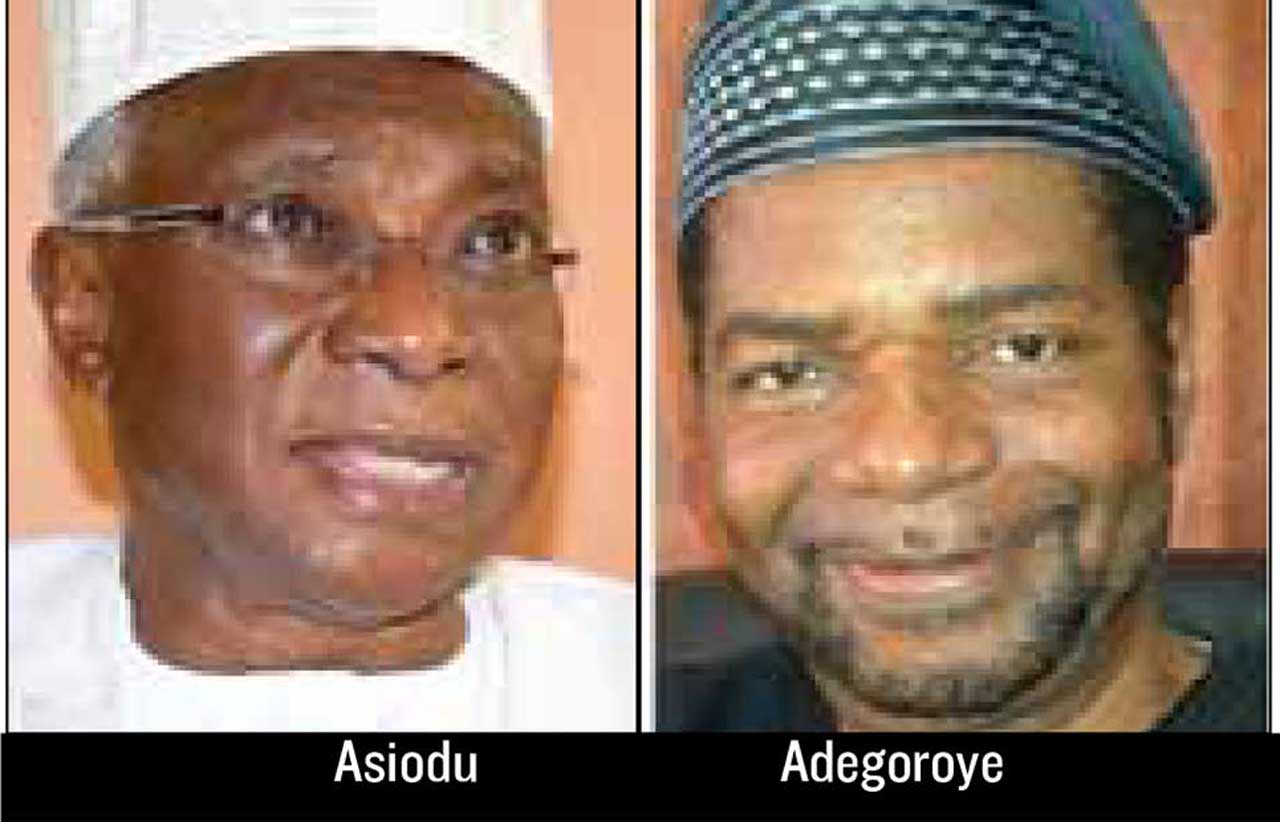Barrister Njoku Jude Njoku’s critique of the Supreme Court’s December 2023 ruling in FRN v. Nnamdi Kanu is a layered constitutional argument that raises serious jurisprudential and ethical questions. His submission is not merely a legal objection; it is a warning about potential erosion of safeguards in Nigeria’s criminal justice system.
Njoku condemned the Supreme Court’s reliance on the Court of Appeal’s stay of execution, arguing that such stays apply only to civil or interlocutory rulings. He described the Court’s reversal of the October 2022 discharge as “unconstitutional,” “per incuriam,” and a “travesty of justice.”
As a law officer, I share his concern that courts must embody diligence, precision, and fidelity to the rule of law. Per incuriam – literally, “through lack of care” – signals a judicial lapse, a failure to consider binding precedent or statute. But while Njoku is right to insist on judicial care, his critique misreads the legal architecture underpinning the Supreme Court’s ruling.
Jurisdiction vs. Merits
The heart of the controversy is the distinction between a discharge for want of jurisdiction and an acquittal on the merits. Njoku appears to conflate the two.
The Supreme Court rightly held that the Court of Appeal’s discharge was not an acquittal. It was a technical release based on jurisdictional defects, not a finding of innocence. The Court of Appeal itself had stayed execution of its ruling, preserving the charges and enabling their continuation in a competent forum. Far from judicial overreach, this was judicial prudence.
On the issue of rendition from Kenya, the Court of Appeal treated illegality as a jurisdiction-killer; the Supreme Court treated it as a civil wrong that can be remedied, but not at the expense of criminal jurisdiction. This reflects the male captus bene detentus doctrine – an irregular arrest does not nullify jurisdiction. The illegality creates a right to compensation, not immunity from trial. Nigerian jurisprudence, from Doherty v. Balewa (1961) 2 NSCC 248 to Abacha v. Fawehinmi (2000) 6 NWLR (Pt. 660) 228, supports the separation of remedies.
Double Jeopardy and Nullity
Njoku’s reliance on Madukolu v. Nkemdilim (1962) 2 SCNLR 341 and his claim that retrials are barred after jurisdictional discharges misstate precedent. Authorities such as Abacha v. State (2002) 11 NWLR (Pt. 779) 437 and Ogbebor v. State (2007) 15 NWLR (Pt. 1058) 372 affirm only that proceedings without jurisdiction are void; they do not preclude retrial in a competent court.
Double jeopardy under Section 36(9) of the 1999 Constitution is triggered only when two conditions are met: the first trial was before a competent court; and guilt or innocence was determined. Neither applies here.
A jurisdictional discharge is technical, not substantive. Mr. Kanu was never in legal jeopardy before a competent tribunal. Thus, retrying him does not violate the invoked constitutional protection.
As Lord Denning observed in Macfoy v. UAC (1962) AC 152 at 160: “You cannot put something on nothing and expect it to stay there. It will collapse.” The maxim ex nihilo nihil fit applies: proceedings void for want of jurisdiction cannot generate legal consequences. Yet, this does not extinguish the underlying charge. As the Court held in Ogunmokun v. Military Administrator, Osun State (1999) 3 NWLR (Pt. 594) 261, nullified proceedings do not bar a proper retrial.
Accordingly, the Supreme Court was right to overturn the jurisdictional discharge and order a retrial now pending before the Federal High Court. To argue otherwise is to confuse procedural safeguards with substantive rights.
Broader Stakes
This case, however, is not merely about one man. It is about the integrity of Nigeria’s legal system and its ability to separate technical error from substantive justice. Upholding jurisdictional boundaries does not weaken constitutional protections; it strengthens them.
The Supreme Court’s ruling affirms that no individual, however prominent, stands beyond the reach of lawful prosecution. It preserves the balance between liberty and accountability, between sovereignty and due process. It clarifies a vital principle: while an acquittal on jurisdictional grounds does not bar retrial, an acquittal on the merits enjoys the strongest protection, subject only to appellate review.
Law and Politics
Be that as it may, the Kanu case has reignited a debate that transcends procedure. Should the Federal Government continue prosecution – or temper justice with mercy?
From Afenifere and Ohanaeze, to Southeast lawmakers led by Senator Enyinnaya Abaribe, from Deputy Speaker Benjamin Kalu and Chukwuma-Machukwu Ume, SAN, to Mrs. Bianca Ojukwu, voices across Nigeria have urged President Tinubu to release Kanu for the sake of national healing. Their concern is clear: prolonged detention amid conflicting rulings risks transforming Kanu from defendant into political detainee.
This is not a call to absolve guilt before trial. It is a recognition that justice is not only about punishment but also about peace, proportionality, and trust.
The contrast is stark: Boko Haram insurgents have received amnesty; bandits and kidnappers evade prosecution. Yet Kanu, whose movement – however controversial – has been largely symbolic, remains detained. If government can negotiate with warlords and reintegrate militants, surely it can extend discretion in this case.
A Statesman’s Choice
President Tinubu has a rare opportunity to demonstrate statesmanship. Releasing Kanu would not signal weakness but wisdom. It would de-escalate tensions in the South-East, restore faith in the rule of law, and prove that Nigeria can heal its wounds without deepening them. As Ume, SAN, noted: “Facilitating Kanu’s freedom would be seen as part of efforts to restore peace in the South-East.”
In conclusion, justice must indeed be served, but mercy must not be forgotten. The continued detention of Nnamdi Kanu risks inflaming division rather than resolving it. By choosing reconciliation over retribution, restoration over retaliation, and unity over upheaval, President Tinubu can write a new chapter in Nigeria’s history – one defined not by vengeance, but by vision; not by division, but by dialogue; not by impulse, but by insight; and not by power, but by purpose.
• Dr Babatunde, a legal practitioner, lectures at London South Bank University, UK.






